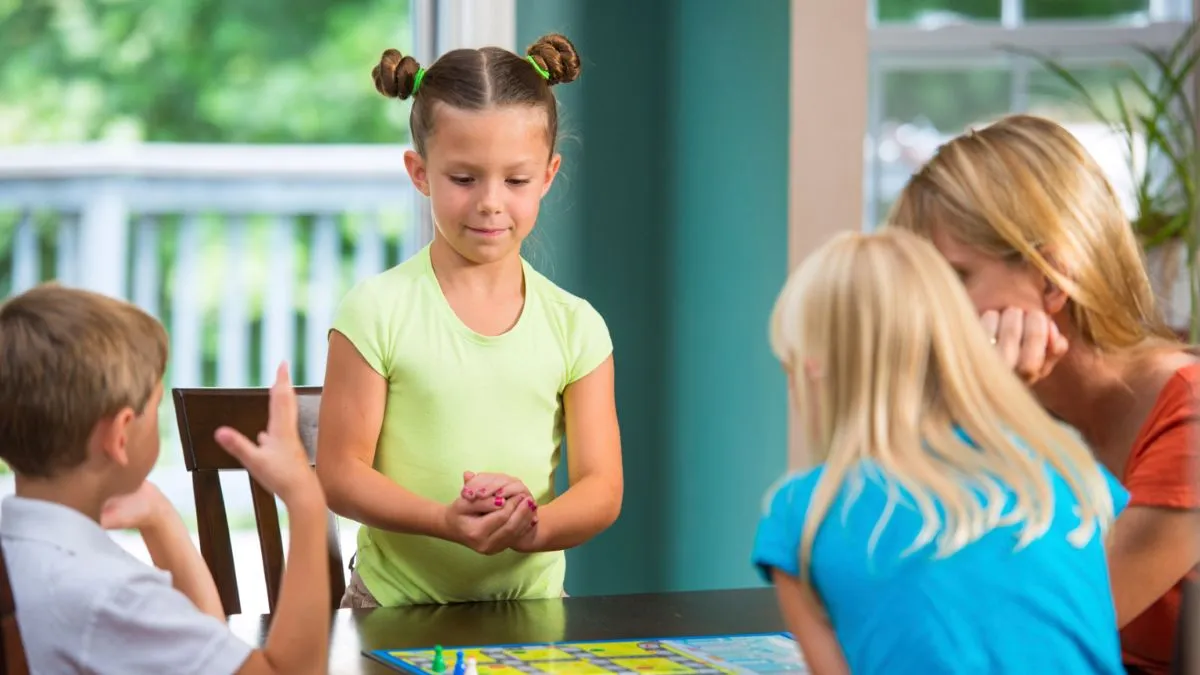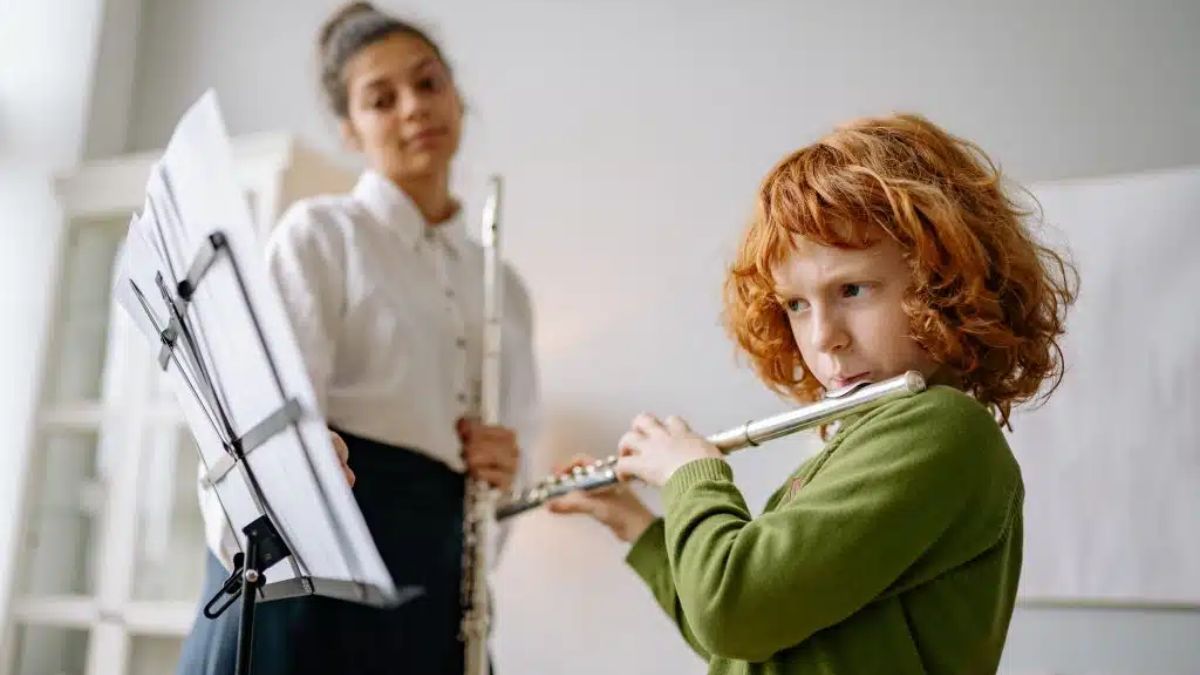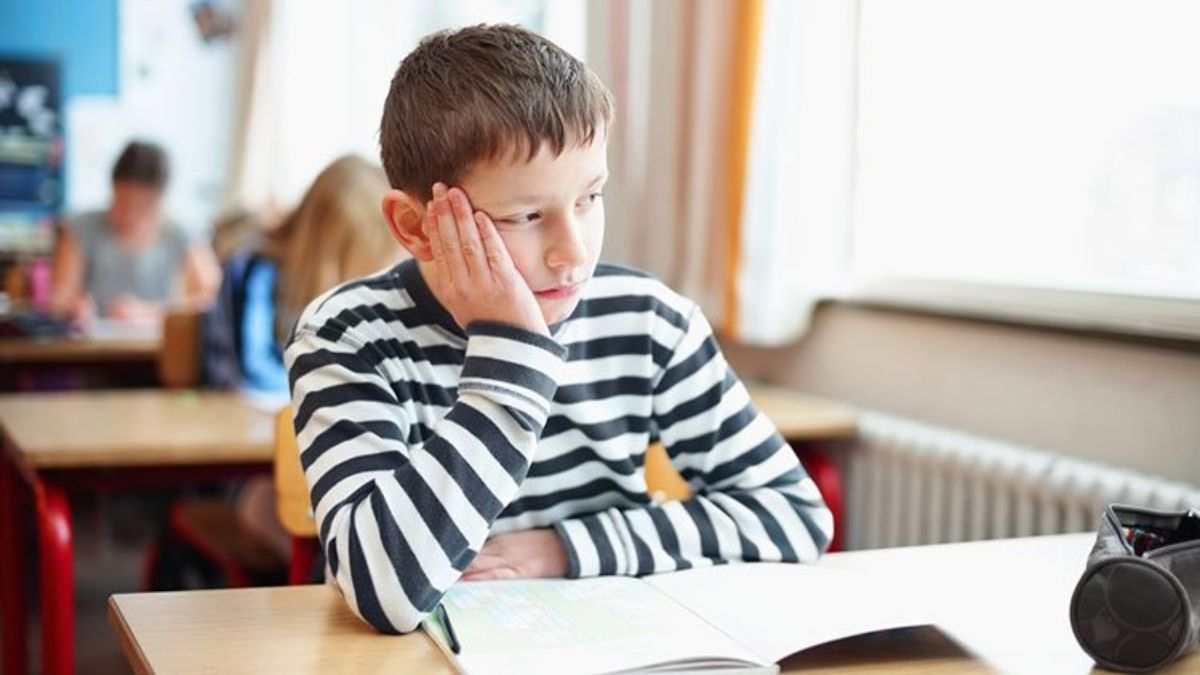
Children with Attention Deficit Hyperactivity Disorder (ADHD) often face challenges with attention, impulsivity, and emotional control. Many parents of children with ADHD search for activities that go beyond medication or traditional therapy. Music lessons often top the list of hopeful options. The idea is appealing: learning an instrument or taking rhythm-based classes might boost focus, improve self-control, and provide a joyful outlet.
Table of Content:-
Fortunately, emerging science supports the possibility that music lessons can indeed help kids with ADHD improve attention and impulse control.
How Music Lessons May Help Kids with ADHD![Music Help Kids with ADHD Music Help Kids with ADHD]()
A recent study titled “Music Training Benefits Children with ADHD” reports that structured musical training strengthens neural pathways involving hearing, movement and attention. Specifically, it noted improvements in inhibitory control (the ability to suppress impulses) and cognitive flexibility (shifting attention between tasks) when children engage in rhythmic training. Vitally, the study highlights regions of the brain such as the superior temporal areas, corpus callosum and right inferior frontal gyrus.ga
Here are some specific ways music lessons can support children with ADHD:
- Rhythm and structure: Learning an instrument demands consistent timing and coordination, which can strengthen attentional control and reduce impulsivity.
- Feedback and repetition: Music students often practise and refine their play, reinforcing cognitive skills like focus and stopping impulses.
- Motivation and engagement: For many kids, music is more stimulating and enjoyable than routine tasks, so they’re more likely to stick with it.
- Emotional regulation: Playing music can lower stress hormones and increase feel-good chemicals in the brain.
- Group participation: Whether in a band or an ensemble, interaction with peers and following cues can improve social skills and self-monitoring.
ALSO READ: What Is A Neurodivergent Person? Expert Shares Signs, Causes, and Treatment
How Music Helps ADHD Brains: Explained
According to the study, music activates multiple areas of the brain simultaneously, including auditory, motor, and visual regions. This complex stimulation encourages the brain to develop stronger neural connections, which can improve attention span and reduce impulsivity. Learning an instrument requires sustained focus, following sequences, and practising patterns, which hones cognitive control and organisation.
Importantly, music provides a creative outlet and a tactile way to channel excess energy. Group lessons can further support social development by encouraging collaboration, communication, and teamwork in a non-competitive setting.
Tips for Parents and Caregivers Considering Music Lessons![Music Kids with ADHD Music Kids with ADHD]()
- Choose instruments that excite and motivate your child
- Seek instructors experienced with neurodiverse learners
- Start with short, engaging sessions and gradually build duration
- Support improvisation and creativity to keep lessons enjoyable
- Create a music-friendly space at home, encouraging regular practice
- Be patient, as progress varies among children
Making Music a Source of Joy and Growth
It’s essential that children view music lessons as fun and empowering rather than burdensome or a chore. When learning opens doors to joy and self-expression, it supports motivation and long-term engagement, key to the therapeutic benefits of music education.
ALSO READ: Is ADHD a Form of Autism? Expert Shares What Sets Them Apart
Conclusion
Science increasingly supports music lessons as a valuable adjunct therapy for children with ADHD. Beyond academic improvements, music can boost self-esteem, emotional regulation, and social skills. For families seeking holistic approaches, music offers a promising, enjoyable way to nurture focus, memory, and impulse control in kids with ADHD.
Also watch this video
How we keep this article up to date:
We work with experts and keep a close eye on the latest in health and wellness. Whenever there is a new research or helpful information, we update our articles with accurate and useful advice.
Current Version
Oct 22, 2025 09:25 IST
Modified By : Vivek KumarOct 22, 2025 09:25 IST
Published By : Vivek Kumar

